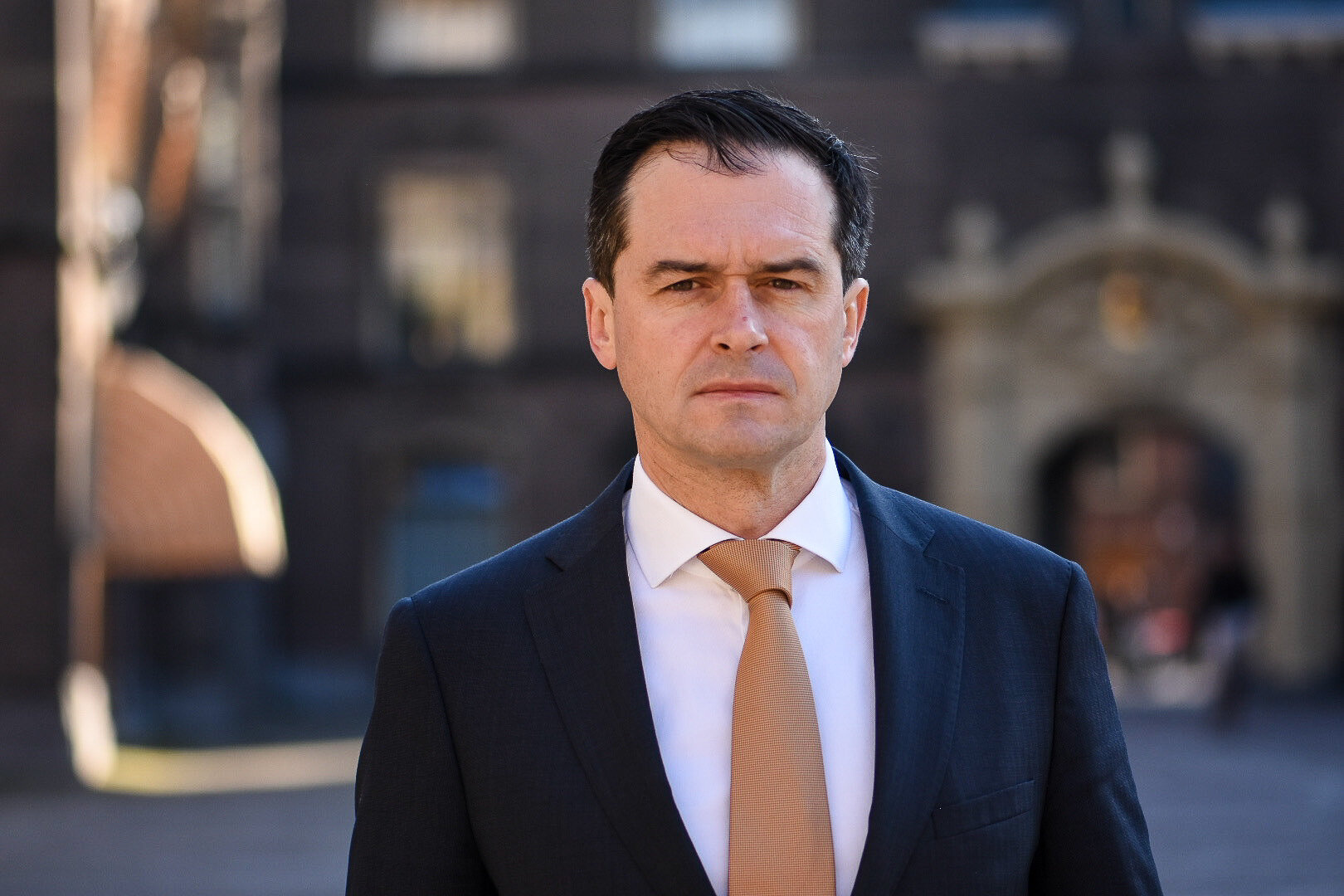Ukraine’s envoy expects new EU team to expand assistance, engagement

Speaking to Euractiv ahead of Ukraine’s Independence Day on Saturday (24 August) as Russia’s war nears its third year, Vsevolod Chentsov said that under the new leadership, Kyiv “anticipates a sustained and expanded engagement in supporting Ukraine.”
“The re-election of European Commission President Ursula von der Leyen and European Parliament President Roberta Metsola is particularly encouraging, as both have consistently prioritised support for Ukraine,” Chentsov said.
He added, “There is a common understanding that the next five years will be decisive for the EU’s future as a global actor.”
Future European Council President António Costa and incoming EU chief diplomat Kaja Kallas, Chentsov both said they share a strong commitment to the country, giving Ukraine confidence that the EU’s support will persist in all key areas.
“With the formation of the new European Commission in autumn, the appointment of key figures responsible for defence, trade, and EU enlargement will be essential to ensure continued comprehensive cooperation on Ukraine’s path to the EU,” he added.
As for the assistance on offer and how much will be provided, Chentsov said Ukraine expects “sustained military assistance, including the provision of defence systems, ammunition, artillery, aircraft and training for our armed forces.”
Regarding financial assistance, crucial for stabilising Ukraine’s economy and social infrastructure, they pin hopes on grants and loans provided through the Ukraine Facility and a financial package set to give Kyiv some €50 billion derived from the profits of frozen Russian assets.
Humanitarian support would remain a priority as Russia’s war has displaced millions of people, Kyiv’s envoy said, adding he anticipated increased EU involvement in providing aid to those affected, as well as in rebuilding destroyed infrastructure.
As for enlargement, Chentsov said he expected further steps in his country’s accession talks within the next few months and hopes “enlargement policy will remain one of the key geopolitical priorities of the EU agenda.”
This would include opening negotiations with the so-called ‘fundamentals’ chapter on the judiciary and fundamental rights, possibly under the Polish EU presidency in the first half of 2025.
The decision to do so requires unanimous agreement of all EU27 member states, which allows EU countries to demand more work or potentially delay proceedings.
Despite concerns that continued US support for Ukraine could potentially be endangered if Republican candidate Donald Trump returns to the White House, Germany has recently announced it plans to halve its military aid in 2025.
Asked about the uncertainty of whether the EU will be able to fill any potential gap, Chentsov said there was a “shared vision with our partners that helping Ukraine to fight back the Russian aggression is the best investment in European security”.
“In June, Ukraine and the EU signed joint security commitments – it’s essential we implement this agreement, ensuring steady military support continues, regardless of US election outcomes,” he stressed.
Since Russia’s full-scale invasion in February 2022, the EU’s military assistance has exceeded €39 billion, while nearly 60,000 Ukrainian soldiers have been trained under the EU Military Assistance Mission (EUMAM), according to official Ukrainian estimates.
“We hope that the newly established Ukraine Assistance Fund under the European Peace Facility will be the core pillar of this support,” Chentsov said.